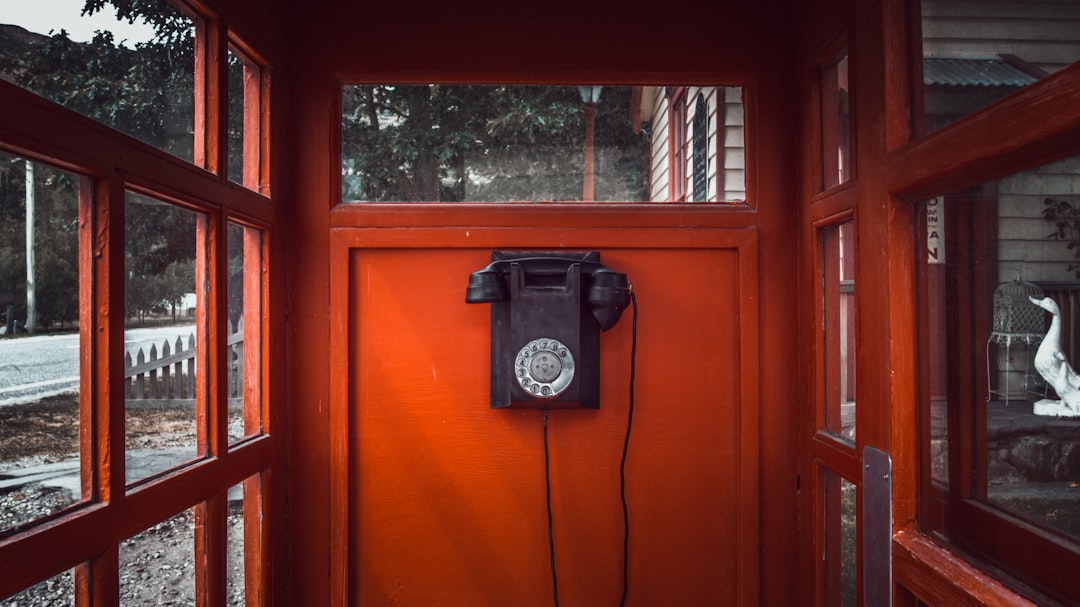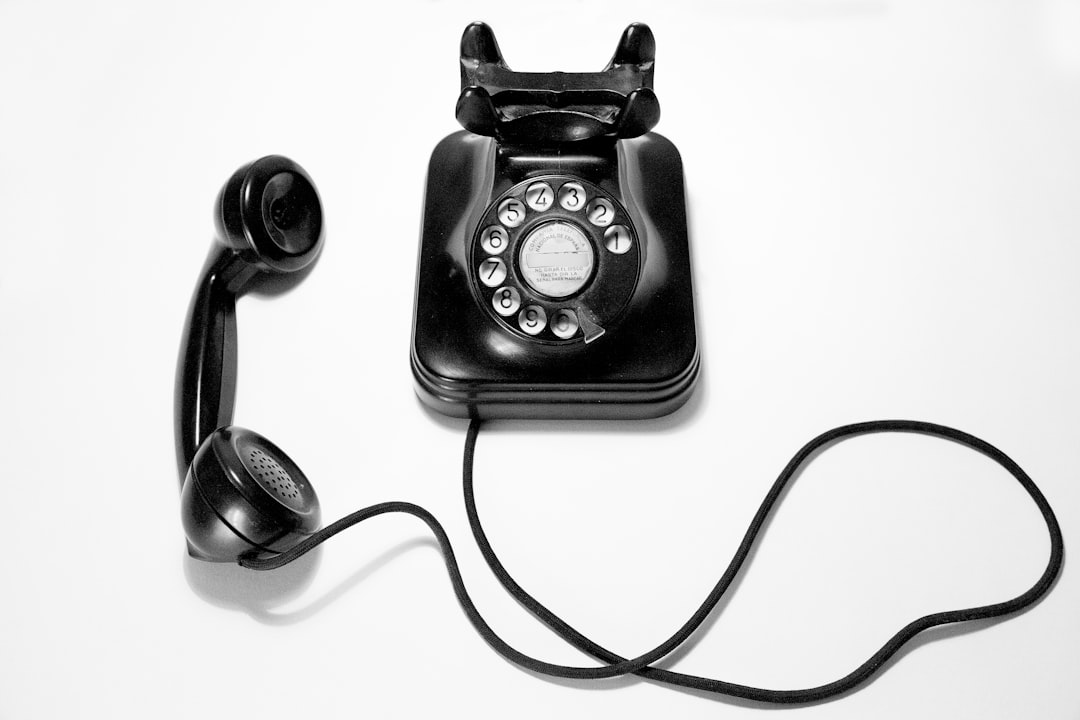Wyoming's law firms leverage Autodialers (Automatic Telephone Dialing Systems) for efficient bulk calling, marketing tasks like appointment scheduling and client intake, while adhering to federal (TCPA) and state consumer protection laws. Compliance involves obtaining explicit consent, respecting do-not-call lists, providing opt-out options, and maintaining detailed call records to avoid substantial fines. Best practices include using reputable service providers, regular script reviews, staff training, and thorough documentation for ethical and effective autodialer use by "autodialer law firms Wyoming."
In Wyoming, as across the nation, autodialers are transforming how law firms connect with clients. Understanding the technology behind these automated calling systems is crucial for both maximizing their benefits and navigating legal considerations. This article delves into the world of autodialers, explaining their functionality, exploring key legal aspects in Wyoming, and providing best practices for compliance-focused law firms seeking to leverage this powerful tool effectively.
What Are Autodialers and How Do They Work?

Autodialers, also known as automatic telephone dialing systems (ATDS), are technologies designed to automate the process of placing phone calls in bulk. These systems have become a common tool for many businesses, including law firms in Wyoming, to reach out to potential clients or customers efficiently. The primary function of an autodialer is to dial numbers sequentially or from randomly generated lists at high speeds, significantly reducing manual effort.
At its core, an autodialer consists of software that integrates with a phone system, allowing it to make automated calls. It can either play pre-recorded messages or connect live agents to recipients. In the context of law firms in Wyoming, autodialers are often used for marketing purposes, such as appointment scheduling, client intake, and survey calls. However, the use of autodialers is regulated by laws and guidelines, particularly concerning do-not-call lists and consumer privacy, ensuring that businesses operate within ethical and legal boundaries.
Legal Considerations for Using Autodialers in Wyoming

The legal landscape surrounding autodialers, or automated dialing systems, can be complex, especially for businesses and law firms operating in Wyoming. With the rise of telemarketing and customer outreach through automated means, it’s crucial to understand the regulations that protect consumers and ensure fair practices. The Telephone Consumer Protection Act (TCPA) is a federal law that sets guidelines on how businesses can contact consumers via phone, including restrictions on autodialers.
In Wyoming, state laws also play a significant role in regulating telemarketing activities. Law firms utilizing autodialers must adhere to rules regarding consent, do-not-call lists, and the content of automated messages. Non-compliance with these regulations can result in substantial fines. To stay within legal boundaries, businesses should obtain explicit consent from recipients, provide an opt-out mechanism in each communication, and respect individual preferences as outlined by the TCPA and Wyoming’s consumer protection laws.
Best Practices and Compliance Tips for Law Firms Using Autodialers in WY

When implementing an autodialer for marketing or outreach purposes in Wyoming, law firms should prioritize best practices and compliance tips to ensure ethical and effective use of this technology. First and foremost, obtain explicit consent from recipients before placing any automated calls. This not only aligns with the Telephone Consumer Protection Act (TCPA) but also builds trust with potential clients or customers. Implement clear opt-out mechanisms during each interaction to allow individuals to stop receiving calls at any time.
Regularly review and update your autodialer scripts to ensure they remain compliant with local regulations. Train staff thoroughly on proper usage, including do’s and don’ts, to avoid accidental violations. Maintain detailed records of all calls made through the autodialer, including dates, times, recipients, and outcomes. This documentation can be crucial in demonstrating compliance should any issues arise. Additionally, consider employing a reputable autodialer service provider that prioritizes compliance and offers robust tools for managing and monitoring automated communication campaigns.






